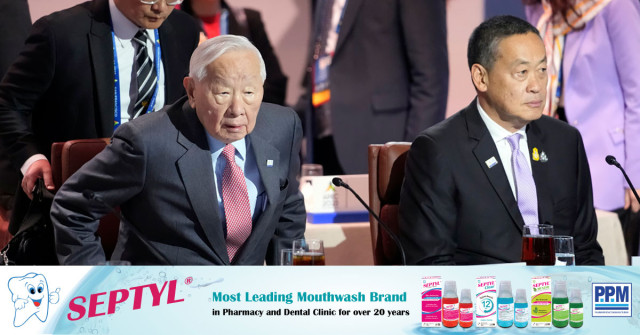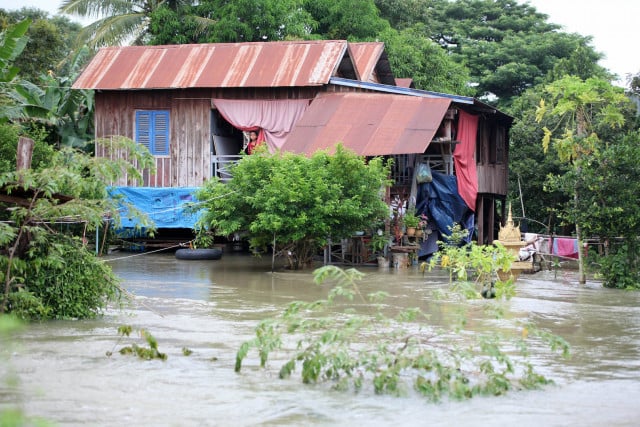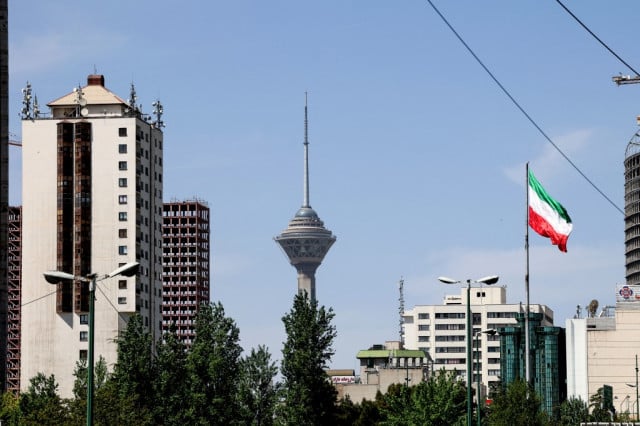Taiwan Envoy Says He's Hopeful Biden-Xi Meeting Will Reduce Tensions in the Asia-Pacific Region

- By Associated Press (AP)
- November 18, 2023 4:04 PM
SAN FRANCISCO — The 92-year-old businessman who represented Taiwan at this week's summit of Asia-Pacific leaders in San Francisco expressed hope Friday that the meeting between U.S. President Joe Biden and China's Xi Jinping should help to reduce tensions between the two superpowers and in the region.
Morris Chang, the founder of the microchip giant Taiwan Semiconductor Manufacturing Company, also suggested the meeting could help to promote economic stability and reliable supply chains.
“You don’t have to be a leader to know that if there is no peace, there is no supply chain to start with,” Chang said at a news conference at the close of the Asia Pacific Economic Cooperation summit.
Chang said the Biden-Xi meeting was a “good” one, pointing to their agreement to resume high-level military communications.
“It should help reduce the tensions between the U.S. and China, and it should increase stability of Taiwan Strait,” Chang said.
Taiwan, a self-governed island of 23 million people, remains the thorniest issue in U.S.-China relations, as Beijing and Washington clash over its sovereignty. Tensions have flared in recent years as Beijing increases military pressure on the island, which it claims to be part of Chinese territory and vows to seize by force if necessary to achieve national unification.
Washington has a security pact with Taiwan to deter any armed attack from Beijing and has stepped up its support for the island. The U.S. insists the matter must be solved peacefully, without taking a side.
It was a high priority when Xi and Biden met Wednesday for four hours at an estate outside San Francisco in their first face-to-face meeting in a year.
Xi sought assurances from Biden that the U.S. would not support Taiwan's independence and requested that Washington support China’s peaceful reunification with Taiwan.
“China will realize reunification, and this is unstoppable,” the Chinese president said.
Biden, meanwhile, urged Xi to refrain from military exercises in and around the Taiwan Strait.
Since September 2020, the Chinese military has been sending warships and warplanes near the island on a near-daily basis. In August 2022, Beijing fired missiles toward the island and blockaded it for days after Nancy Pelosi, then the House speaker, visited the island despite Beijing’s objections.
Biden told Xi that Washington remains unchanged in its policy toward Taiwan and that it opposes any unilateral changes to the status quo from either side.
“We expect cross-strait differences to be resolved by peaceful means,” Biden said.
Sun Yun, director of the China program at the Washington-based Stimson Center think tank, said Washington won’t accept Beijing’s new demand to support peaceful reunification.
“This is categorically different from the U.S. goal that the resolution of the Taiwan issue must be peaceful, which does not impose a precondition on what the outcome will look like, only that it must be peaceful,” Sun said. “This is a request we have seen the Chinese interlocutors floating around recently. It is improbable for the U.S. to accept it."
In San Francisco, Chang represented Taiwanese President Tsai Ing-wen in attending the summit because Beijing opposed Tsai being present.
Chang, representing Taiwan at the APEC summit for the seventh time, said he was tasked by Tsai to send the message that Taiwan is committed to regional peace and prosperity and that the island will work with its partners to control climate change, build more resilient supply chains and reduce the digital divide.
“I think I've done it — that I tried my best to convey the four messages," Chang said.
Chang said he had “many interactions” with Biden, thought there was no formal talk, and said he spoke with senior U.S. officials, including Vice President Kamala Harris, Secretary of State Antony Blinken and Lael Brainard, Biden's economic adviser.
Chang said he also had “serious” discussions with at least half of the leaders of the 21 economies in the region, including Japanese Prime Minister Fumio Kishida, on issues such as regional peace, economic development and supply chains, but that he didn't speak with Xi during the summit.















